Akta Manniskor (Real Humans)
Mainly known as the inspiration for the series Humans rather than for any details of its own, Swedish writer Lars Lundström’s Akta Manniskor surpasses its English-language remake in many ways, particularly in its satirical scope. Presenting a world where human-like robots, Hubots, have been created to serve “real humans,” Akta Manniskor approaches the issue from several vantage points, questioning the actual difference between humans and Hubots. The series questions if the way humans measure consciousness, self, individuality, even existence, are all inherently chauvinistic, if by making ourselves the standard we have rigged things against all other possibilities.
The series involves several plot threads featuring multiple characters that wind around each other through the two seasons. The remake combined characters and streamlined the plots, which might make for clarity in some cases, but in most, meant losing the charm of the original’s leisurely pace, an aspect that has disappeared from so many genre shows but which offers viewers the chance to absorb and contemplate rather than just experience, react, and move on.
Focusing on a group of liberated Hubots who must find their way in the world after the death of their creator, the action winds mostly around the Engman family — lawyer mom Ingrid (Pia Halvorsen), dad Hans (Johan Paulsen), and kids Matilda (Natalie Minnevik), Tobias (Kåre Hedebrant), and Sofia (Aline Palmstierna). The Engmans become embroiled in these Hubots’ plight several ways, but most importantly when they come into the possession of one of them, which they call Anita (Lisette Pagler). This fuels a portion of the suspense in the show, but it’s careful not to steer too far away from the family story, which also includes grandfather Lennart (Sten Elfström), who clings to ownership of his genial but severely malfunctioning Hubot, Odie (Alexander Stocks).
Additional domestic drama unfolds across the street as the angry, abusive, and frankly dopey Roger (Leif Andrée) who deals with his wife’s affair with her Hubot and the prospect of a growing Hubot labor force pushing him out of work.
Some of the best acting work is from the Hubot portion of the cast, including the previously-mentioned Stocks as Odie, who exhibits innocence with a hint of chaotic trickster, but also especially Marie Robertson as Beatrice, the cold, manipulative Hubot impersonating a police officer; Josephine Alhanko as Flash, the glamorous Hubot obsessed with fulfilling her programming to have a human family; and the excellent Johannes Bah Kuhnke, the neighbor’s lover who features a rebellious streak in his programming.
Like so many science fiction series these days, Akta Manniskor does rely on a conspiracy plot that unfolds inch by inch and keeps people watching, but like Orphan Black, it realizes that it’s the characters who carry the show, and going along with their journeys as they face up to the implications of the technology that the world has embraced is engaging and funny. For all the suspense featured, this is more like a drama with science fiction elements. And the show’s willingness to explore themes often revolving around bigotry, including white supremacy and homophobia, as well as ask basic questions about what actually makes a human “human,” and do so with a sense of humor that incorporates a high level of empathy which offers its characters respect, makes this series stand out as something really special.
Braindead
Did anyone actually watch this? Aired right before the election of Donald Trump to the presidency, who could have really known how prescient this series would become — or for that matter, how effectively star Mary Elizabeth Winstead grabs the attention of audiences. Maybe if this was done today it would be a huge hit, but that’s okay because everything worked out fine. It ended too early, but it still works as a fun and hilarious limited series.
Taking place in our hallowed halls of government, meandering documentarian Laurel (Winstead) returns home to assess the damage of her life and career and passes the time by working for her U.S. Senator brother (Danny Pino), a typical well-meaning but philandering, kinda sleazy Democrat. She also becomes embroiled in an effort to rid the Capitol of an alien invasion that has bugs from outer space taking over the bodies of both Republican and Democratic officials and acting out their political differences in extreme, destructive, virtually unsolvable ways.
What the show satirizes borders on the obvious, but the execution is rollicking and offers genuine laughs. Winstead is perfect in the role — it will make you wonder why she’s never been tapped to play Lois Lane in a solo Lois Lane movie. And Tony Shalhoub, hilarious as the boorish Republican senator Raymond “Red” Wheatus, who becomes a shell for his alien bug overlord, is reason enough to watch the entire series. Bonus points for getting repeated laughs out the Cars song “You Might Think,” which at least gives that song a reason to still exist.
El Ministerio del Tiempo (Ministry of Time)
Let’s take a moment to peek back at 1963 when a time travel show called Doctor Who appeared on the BBC and a major part of its mission was to include an educational component through stories based in history. More than half a century later, it seems like the historical stories haven’t been the ones that traditionally captured the frenzied imagination of Doctor Who viewers, but I would note that the best episodes of the recent series were the ones entrenched in historical situations.
Which brings me to this series sitting quietly on Netflix, seemingly unnoticed by most people since it doesn’t really cater to the younger demographics that so many science fiction shows do these days.
Focused on the secret government ministry within the Spanish government, the Ministry of Time recruits agents from across Spanish history to help in its mission to make sure time is not disrupted. As the series begins, the focus is on three agents — a 21st century paramedic (Rodolfo Sancho), a 19th Century woman who is the first in Spain to attend college (Aura Garrido), and a 16th Century soldier (Nacho Fresneda) — as well as the team at the ministry overseeing them, and the occasional other agent. For instance, legendary painter Diego Velázquez (Julián Villagrán), who skulks around the ministry in his capacity drawing facial composites.
I admit I know little of Spanish history, but watching the Ministry of Time will fill you in quickly. You’ll get filled in on details about the Spanish Armada, Picasso’s painting “Guernica,” an early stage collaboration between Lorca, Dalí and Buñuel, a paranormal performer named Joaquín Argamasilla in the early 20th Century, and the Siege of Baler. There’s also stuff about an avant-garde feminist collective and a Spanish serial killer and Goya even gets mixed up in things at one point.
The show is actually informative but also has the kind of twists that time travel intrigue brings about. Still, it’s not terribly complicated and that’s to its credit, because there’s enough going on with the history it presents, and the elements come together in a fun way, with good character humor that builds as the show continues. Strangely, while this seems geared to kids, I don’t think it is necessarily meant for younger ages as there’s some mature content in there. Regardless, Ministry of Time demands little from you, and yet you are rewarded in unexpected ways for tuning in.
Watch El Ministerio del Tiempo on Netflix.
Survivors
A good 30 years before the world ever heard of Lost or The Walking Dead, Survivors was mining the post-apocalyptic landscape for grim topics within a narrative that was less about individuals than humanity as a single character featuring numerous aspects winding in and out through the story.
Taking place as a devastating pandemic hits the earth, Survivors was written by Daleks creator Terry Nation, who chronicled the specific efforts of one group trying to get by in the scary new world. Bringing heady debate and serious issues into the mix, Nation also pioneered the idea of placing a strong woman at the center of a science fiction narrative with Abby Grant (Caroline Seymour), who finds herself the unlikely leader of the group, much to the dismay of traditional male hero Greg Preston (Ian McCulloch), though with the support of third original survivor, Jenny (Lucy Fleming).
After the first series, Nation left and the focus shifted. The following two seasons are sometimes dismissed as inferior, but I think they are wonderful, broadening the scope of the narrative and bringing in further thematic possibilities, including some very ahead of its time (for TV, anyhow) discussions of women’s roles and abortion, as well as the dangers posed by unfettered masculinity.
But throughout the series, the implications of the situation, and the choices the characters are faced with, particularly the concepts of right and wrong when there is no moral or legal authority to enforce them. It also addresses the reality of England as a society structured by class distinctions and the reactions across the strata when that disintegrates, and also the generational difference in reacting to anarchy or wanting to rebuild the world. It also considers seriously alternatives structures for group living, with a concern for who holds power in certain situations and why. It’s a very contemplative show and similar to the original Star Trek can sometimes resemble a philosophical argument structured as a science fiction adventure.
The series is also notable for being able to avoid one aspect that so many British science fictions series of the era grapple with years later — budget. For the weak-minded, it may be hard to suspend your disbelief at the sets on Doctor Who of the time, but for Survivors, the abandoned countryside and decrepit buildings are there for the filming and create a barren ambiance that serves the show very well. For the most part, it stays out of the cities, but that also gives the series a focus that most apocalyptic efforts don’t have — farming and a DIY mentality. It actually portrays how surviving the end of the world is hard, often grueling work that relies on dedication and fortitude, as well as cooperation and at least a spark of occasional ingenuity. It posits that while some people are naturally at the throat of others, most people are on some level team players, just not always very good at it.
Survivors was remade in the 21st Century and that version has a lot to recommend it, but I missed the low-key agrarian focus of the original, on the idea that humanity surviving has as much to do with planting seeds in the earth and across communities as it does plundering each other.
One bonus is that if you enjoy the original series, Big Finish Audio has revived it among their line, featuring several original main cast members, for a superior series that begins with storylines concurrent to the original series and then eventually moves beyond its final episode into unknown territory — it’s a major gift that such a thing could appear 30 years later, and a gripping expansion of the original achievement that manages to lend a modern tone while still keeping aspects important to the origin that makes it so memorable.
Thunderbirds Are Go
Often when Thunderbirds, the Gerry Anderson series from 1965, is mentioned, there’s someone who invariably remarks, “Oh, you mean the show with the puppets.” Why not, “Oh, you mean the show with the intricate, gorgeous miniature work?” For future reference, that’s the right response. The other one drives me crazy.
The original series did have gorgeous miniatures, both with aircraft, cityscapes, military bases, and plenty of other locations. If the puppets seem silly to today’s audiences, it was part of the charm in the original presentation, and it’s a formula that worked fine on other beloved Supermarionation show.
Recapturing the flavor of the puppetry without falling into kitsch is part of the major challenge in rebooting something like Thunderbirds. Another is matching though not aping the beauty and magic of Derek Meddings’ special effects work. And make sure it all has some energy and a touch of self-awareness.
Done. I honestly didn’t think Thunderbirds Are Go had that in it, but it proved me wrong and fast. It’s still built around the all-family team of International Rescue, they still live on a lavish secret island, and they still have oversized, insane air and sea craft that they use to rescue people trapped in caves or underwater or outer space, or wherever people get trapped. But they’ve done a little shuffling to make it all seem contemporary, though without sacrificing some of the old fashioned charms, and they’ve managed to meld some miniature work with more modern computer animation to achieve a style that has a 21st Century beauty that retains some of the qualities of the 1960s aesthetic.
The Tracy brothers are still the center of the action, and Brains (voiced by Kayvan Novak) is still around (though now of Indian descent) but most importantly, Lady Penelope (voiced by Rosamund Pike) still adds the secret agent vibe, but here she’s a little more Emma Peel than ever before. If you saw the 2004 live-action adaptation, then you know that Sophia Myles’ Lady Penelope was the best part, and this series takes that as the characters’ starting point and shoots for the stars.
The series also adds the women characters by making bossy dad Jeff Tracy MIA and replacing his mentor role with Grandma Tracy (voiced by Sandra Dickinson ). Though her name is still regrettable, her personality is far less cliched. The character from the original series Tintin has been renamed Kayo (voiced by Angel Coulby) and turned into a stealth International Rescue operator that not only gives girls someone to grasp onto, but is generally a cool, can-do character for positive Asian representation, and her presence is one of the most delightful real innovations here.
This show is just damn fun. And the contraptions are awesome. And it manages to create action and adventure and evoke danger without the typical violence-centered tropes and without insulting the original television show. Something for kids and parents to enjoy together.
Watch Thunderbirds Are Go on Amazon.


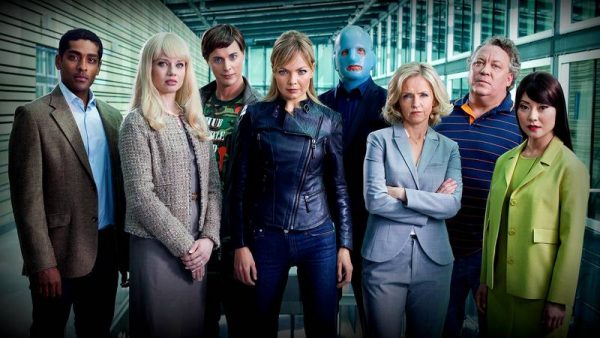
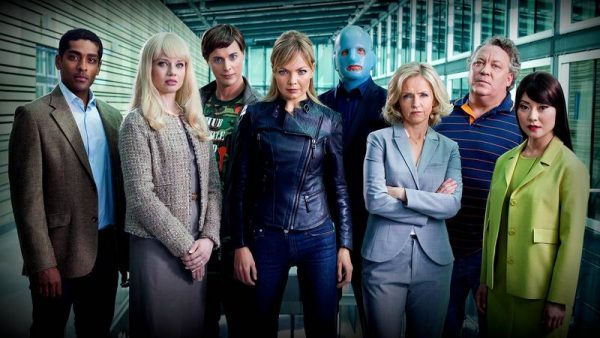
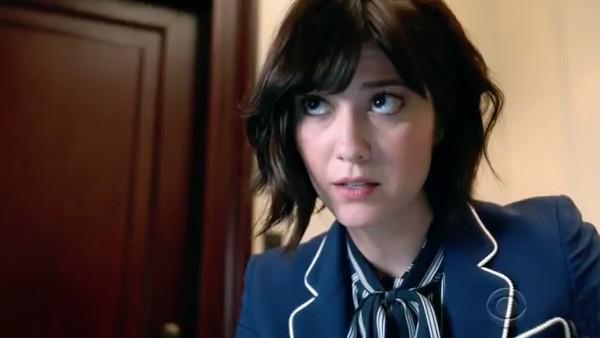



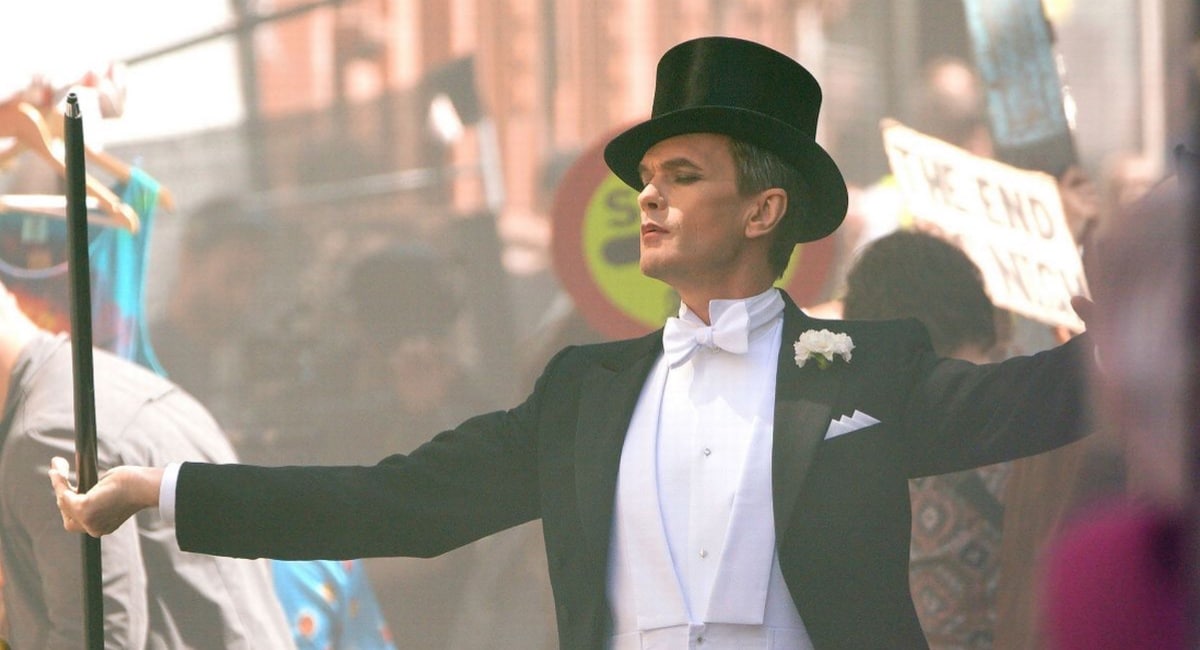

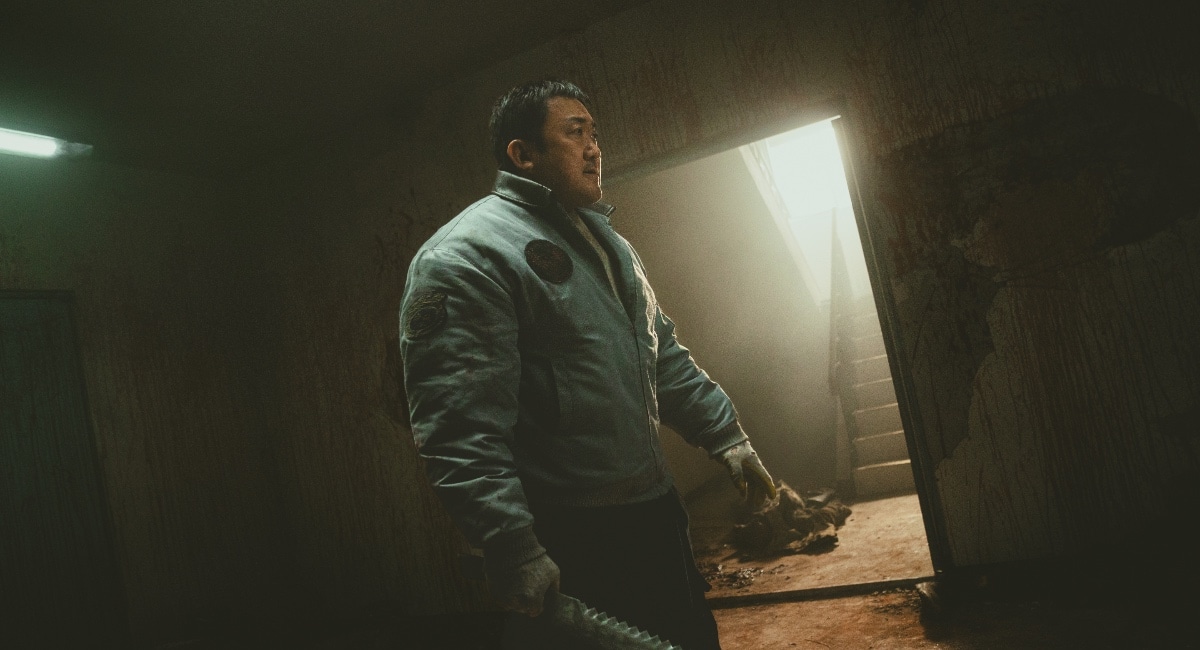
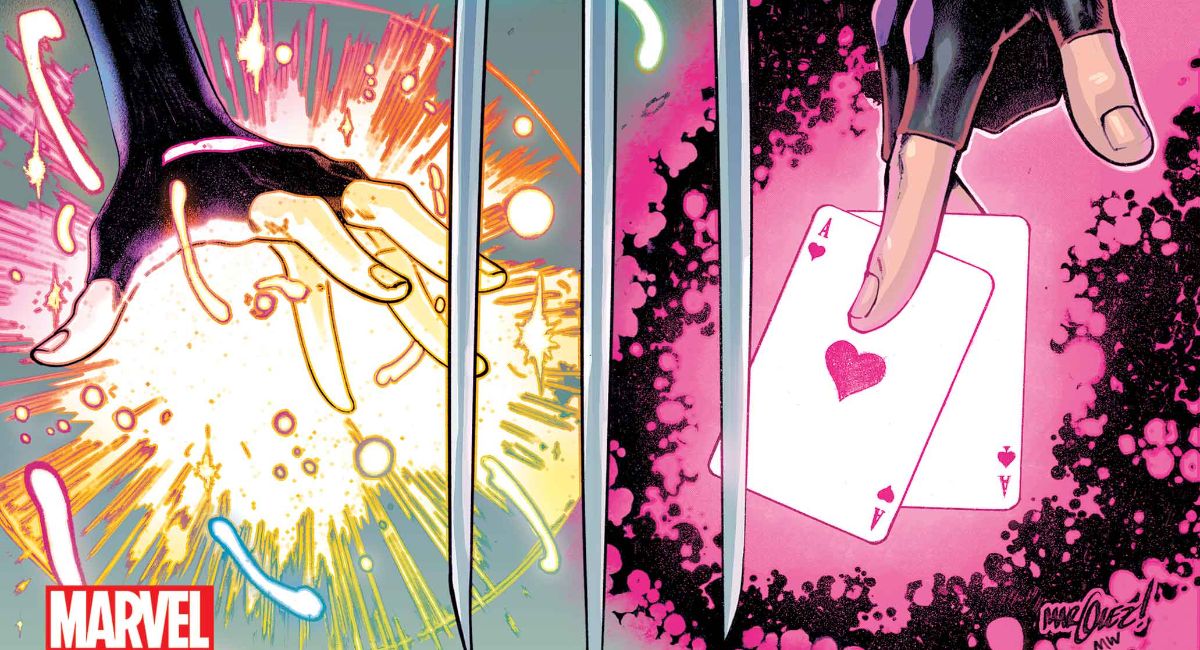



Thunderbirds Are Go retains the core of the original series, but updates it for a 21st century audience. They did a fine job with it. The pacing is faster than the original series and character development suffers a bit, but it is a really good show.
Terry Nation’s Survivors was great back in t he 70’s and it is nice to see it reference here. His other great Sci Fi series, Blake’s 7, is also on YouTube. I would highly recommend it. It had a profound influence on Babylon 5.
Comments are closed.